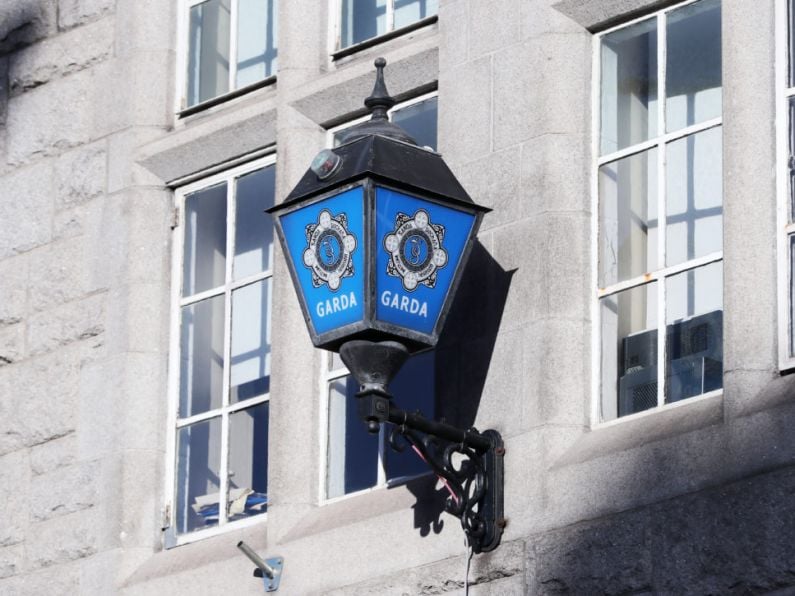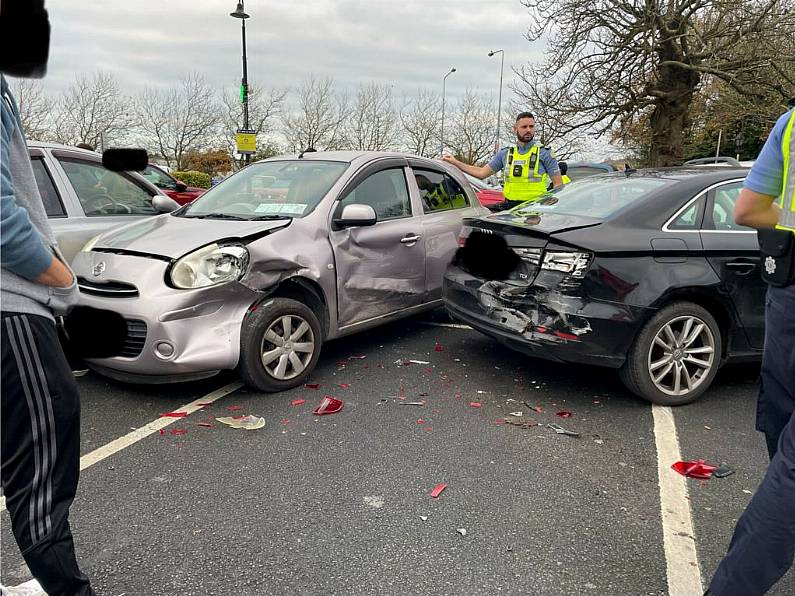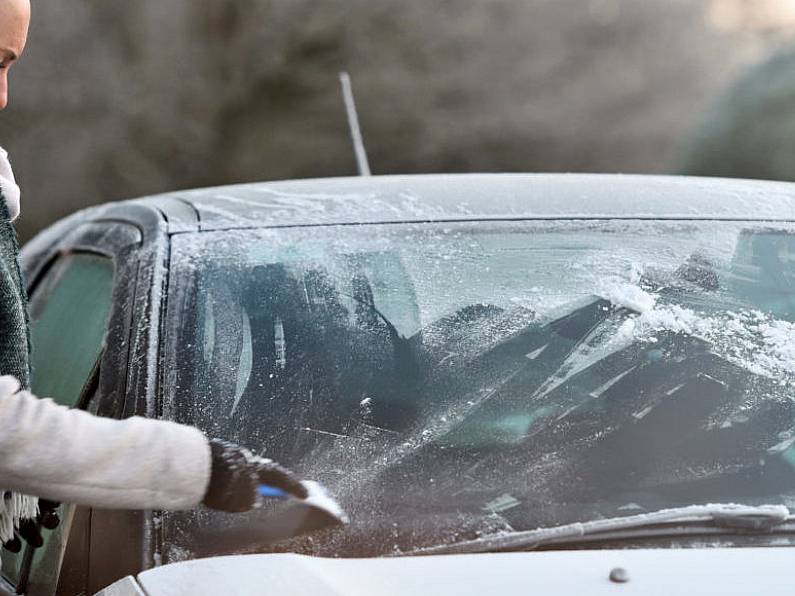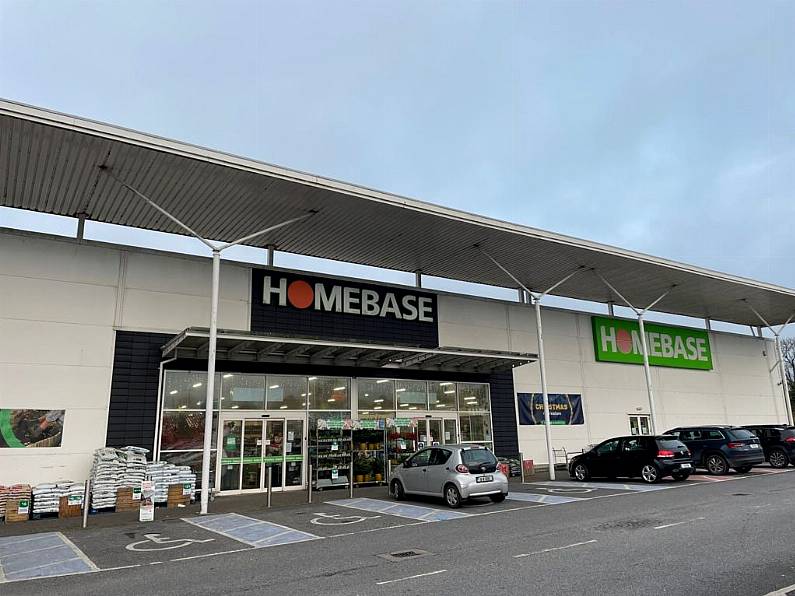A group campaigning for sex workers has criticised the punishment dealt to a woman guilty of running a brothel in Waterford.
The woman was this week ordered to return to her native Poland by the judge or else serve a year in prison.
It was taken into account that a jail term would have separated the woman from her 11-month-year-old son.
Kate McGrew is Coordinator of the Sex Workers Alliance of Ireland said the ruling was not right:
"The Taoiseach has made a moratorium on deportations. It seems like this woman was essentially given the option of a year of prison in Ireland or 14 days to go home, essentially being deported in the middle of a pandemic."
Prosecutions
Meanwhile, it has emerged that there have been 59 people prosecuted for paying for sex with a prostitute since it became illegal nearly four years ago.
According to Freedom of Information files, the offences allegedly took place in eight different counties.
Since April 2017, it has been illegal to buy sexual services from a prostitute and figures released by the Director of Public Prosecutions (DPP) show there were no related prosecutions in 2017, seven in 2018, 29 in 2019 and 23 last year.
Dublin accounted for just under two thirds of the prosecutions (63 per cent), while cases were also taken in Cork, Kerry, Waterford, Louth, Meath, Wexford and Donegal.
Of the 23 people who faced prosecution last year, 15 were in Dublin.
Senator Barry Ward, who is also a criminal barrister, says there are likely more cases that have gone without prosecution.
"The [numbers] are probably lower than they should be. It's not the case that there have only been 59 cases of that type.
"We know that this activity is going on, so I would certainly like to see the number of people being brought to account for it to be higher and what's important is that the Gardaí are properly resourced and encouraged to bring prosecutions."
Kate McGrew added that the law has also caused unintended impacts for sex workers.
"We are not surprised that it has resulted in policing of workers ourselves. What we have seen overwhelmingly is a dispersal of our work spaces, some people have been made homeless and some people have been deported."











